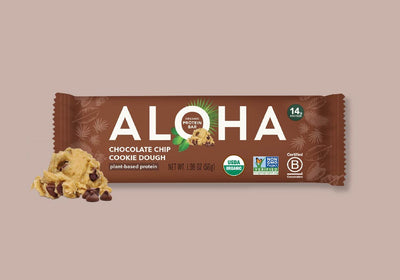

Chocolate Chip Cookie Dough
Indulgent cookie dough, rich chocolate chips
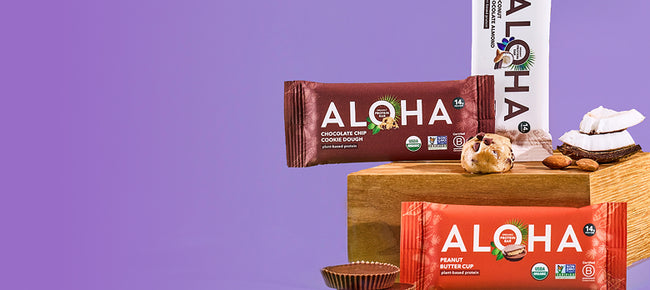 collection header image
collection header image
 collection header image
collection header image


Indulgent cookie dough, rich chocolate chips
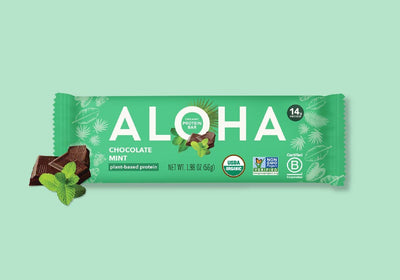

Refreshing mint with rich dark chocolate
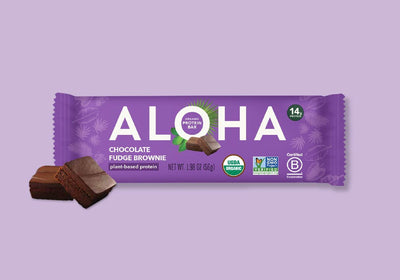

Smooth, indulgent chocolate is irresistible
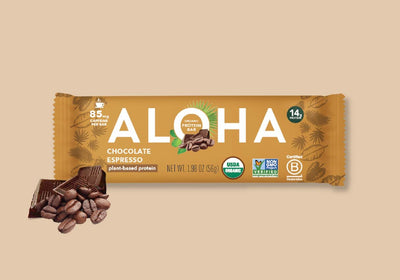

A blend of rich espresso and sweet chocolate
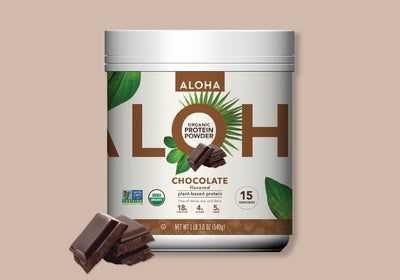

Smooth and satisfying chocolate
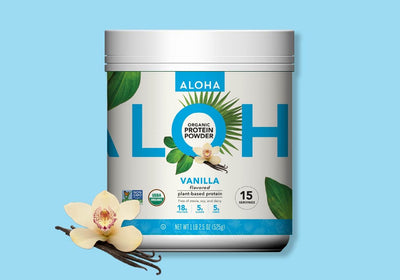

Deliciously versatile vanilla
